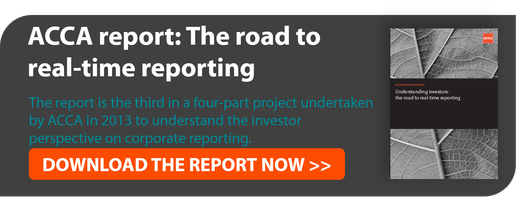In two previous posts, we have discussed some issues with annual reports and financial reviews of companies in Vietnam. What can be done to improve them? Preparing a financial report is an art that requires authenticity rather than a motive to polish a company’s image.
International standards
ACCA has stated in its 2012 study on annual reports: “IFRS itself has the concept of neutrality at its heart, which we believe is the right approach to ensuring unbiased reporting”. Since a major factor affecting the value of corporate financial reports in Vietnam is transparency, it is recommended that Vietnamese businesses aim for international standards. However, IFRS adoption has yet to be made mandatory for companies apart from public listed and state banks, which is why there are still practical limitations.
A notable example of successful IFRS application alongside the Vietnamese Accounting Standards (VAS) is Bao Viet Group. As quoted in an article by the Ministry of Finance (*), Bao Viet Group appreciates preparing its financial reports under IFRS to increase transparency and aid investors in comparing its performance with other IFRS compliant companies in the region.
Risk reporting
After the financial crisis, risk management has become a major concern, which is reflected in corporate financial reports. This is an aspect that Vietnamese companies seem to lag behind. Many companies only include risk reporting at a basic level, while they should do the following instead:
- Quantify risks instead of purely identify them
- Adopt a risk management mindset
- Devise a risk management scheme
- Develop risk KPIs
The importance of risk in corporate financial reports is emphasised in the aforementioned ACCA report, in which 71% of participants thought companies should report more on potential risks.
Investor relation
“Investors should be positioned as the most important audience for the report, and need to be better engaged in its future evolution” – ACCA, 2012.
In Vietnam, the Investment Relation (IR) department is not a common notion, which is why information presented in annual reports may not be crafted to suit investors’ taste or may be missing. Companies should therefore, let IR specialists be a bridge to the needs of investors and translate them into their corporate reports.
====================
(*) By T.Phung, published on Oct 18th 2012
***
For insights from users of financial reports themselves, read about the aforementioned study from ACCA called “The road to real-time reporting”.
***
 English
English  Vietnamese
Vietnamese 



